Community Leaders
Resource Library
Featured Resources
-
%20(11).png)
Naloxone reverses opioid overdoses, but the care someone receives after that moment matters just as much. In King County, Connections Health Solutions and Emergency Medical Services (EMS) partnered to create a new approach, one that focuses on safety, dignity, and connection rather than automatically sending people to emergency departments.
Connections Health Solutions Jan 23, 2026 -
%20(11).png)
Naloxone reverses opioid overdoses, but the care someone receives after that moment matters just as much. In King County, Connections Health Solutions and Emergency Medical Services (EMS) partnered to create a new approach, one that focuses on safety, dignity, and connection rather than automatically sending people to emergency departments.
Connections Health Solutions Jan 23, 2026 -
%20(9).png)
No organization can deliver effective crisis care alone. At Connections, we've learned that the operational reality of crisis stabilization depends entirely on strong, multi-sector partnerships. Before we open doors in a new market, we spend months—sometimes years—building the relationships that will become the foundation of care.
Connections Health Solutions Jan 15, 2026 -
%20(8).png)
Behavioral health has long been caught between two imperatives: delivering exceptional care and ensuring financial viability. At Connections Health Solutions, we're proving there's a third option: a model that's financially viable because it delivers on its mission.
Connections Health Solutions Jan 9, 2026
- All
- Crisis Response Center
- 23-Hour Observation
- True Cost of Behavioral Health
- Law Enforcement
- Policy
- Crisis Education
- Crisis Roadmap
- Mental Health
- Mobile Crisis Response
- Peer Support
- Youth Crisis
-
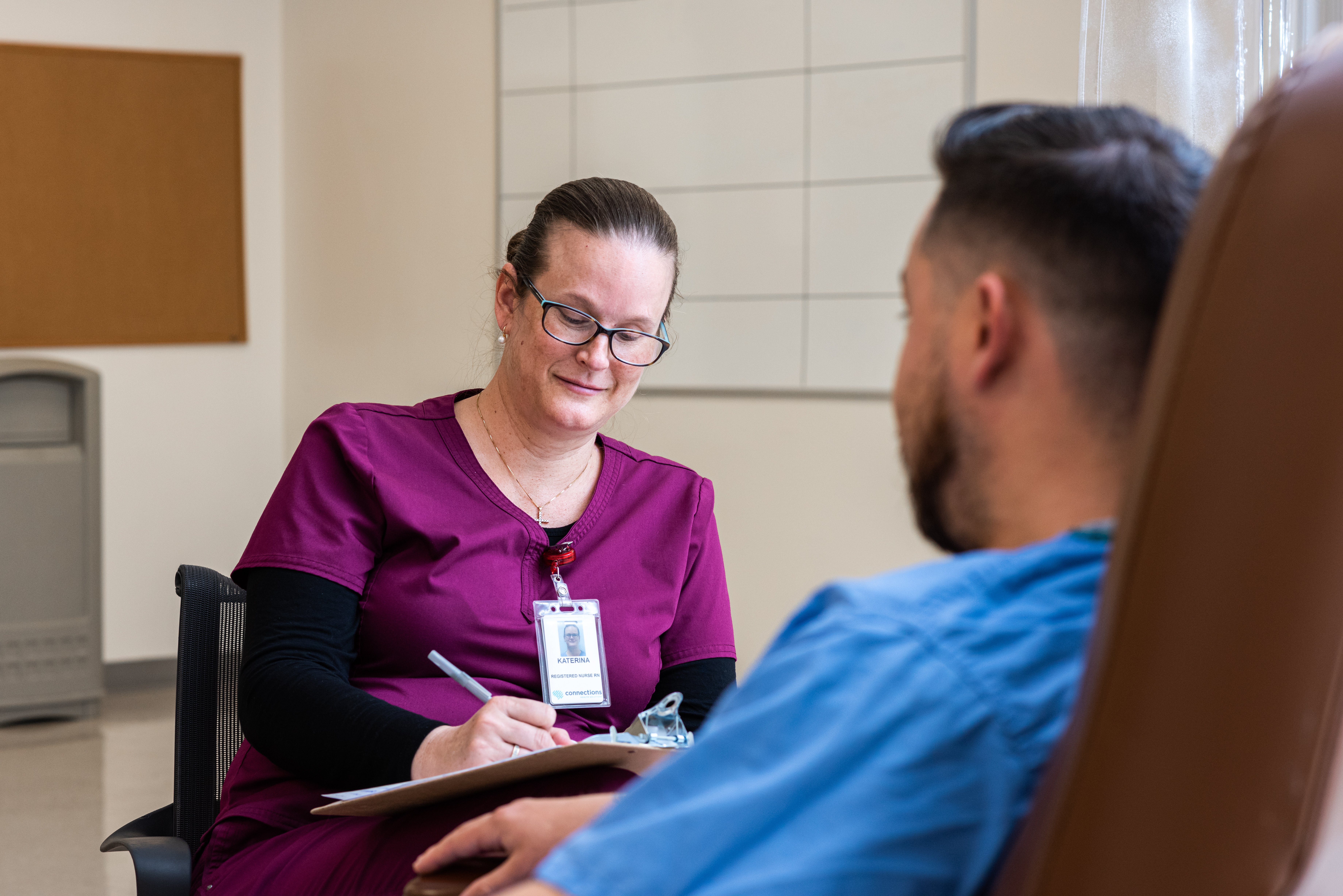
Crisis response requires a specialized, team-based approach to provide immediate, effective care. Connections’ recovery-oriented model is powered by a diverse team of professionals dedicated to stabilizing individuals and guiding them toward recovery. Through their collaboration, individuals in crisis receive the appropriate care at the right time.
Connections Health Solutions Feb 6, 2025 -
.jpg)
Effective mental health care thrives on continuous improvement, and data is a key driver of progress. By systematically collecting and analyzing information, organizations can refine their services, address gaps, and better support their communities. In today’s data-driven world, mobile crisis response teams are leveraging these insights to boost efficiency, reduce response times, and deliver more effective care to those in need.
Connections Health Solutions Jan 30, 2025 -

Addressing the behavioral health crisis requires a collaborative effort, as no single agency can tackle this challenge alone. Effective partnerships among stakeholders are essential for improving community outcomes, particularly for mobile crisis response teams, which can improve their efficiency and impact through collaboration.
Connections Health Solutions Jan 16, 2025 -
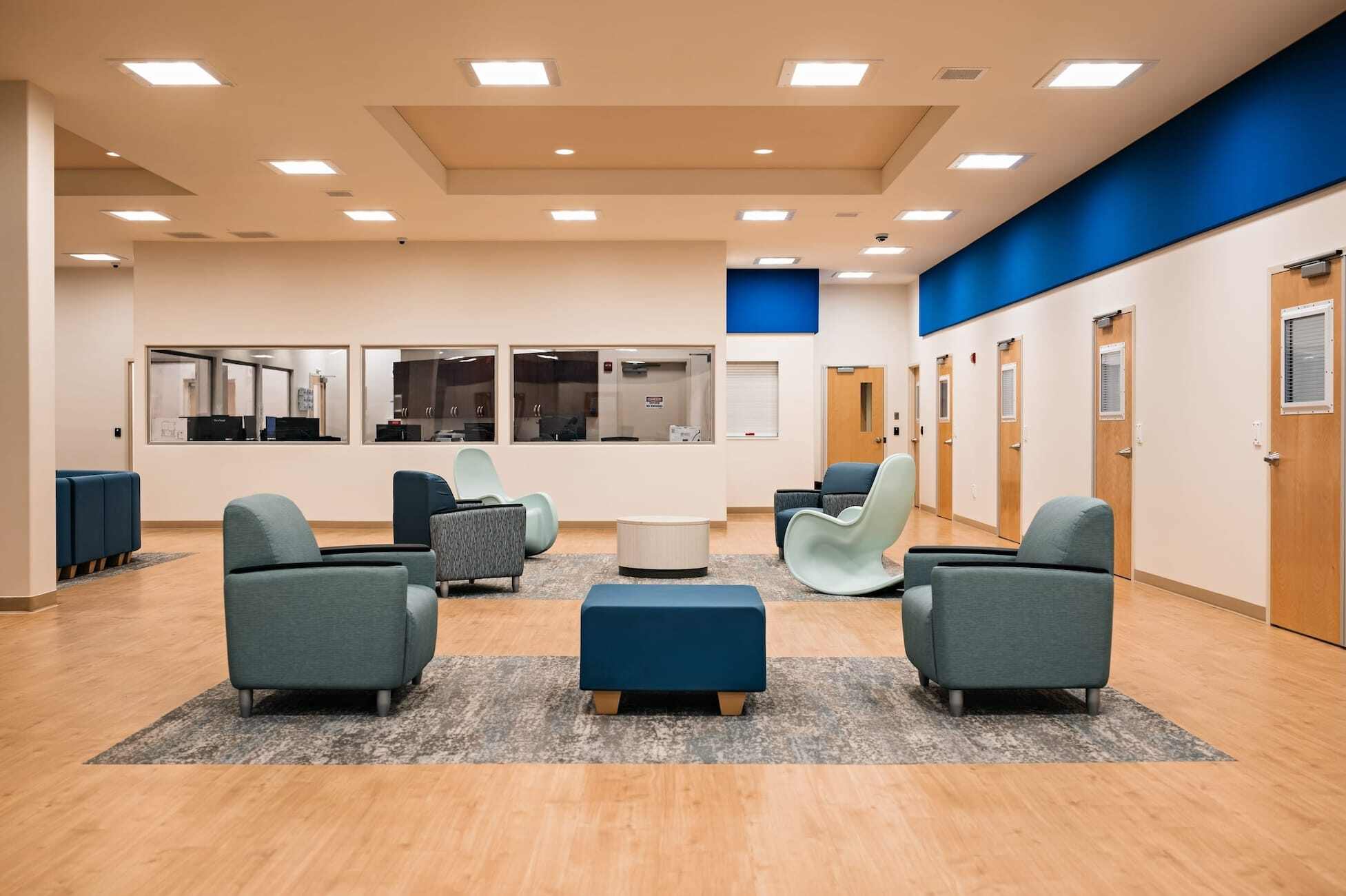
When developing a Request for Proposals (RFP) for crisis services, it's essential to provide potential providers with clear context about your community's needs. This ensures they can craft tailored proposals that effectively address local challenges. Here’s a cohesive look at the key elements to include in your RFP:
Connections Health Solutions Jan 9, 2025 -
.jpeg)
While rural areas are often celebrated for their natural beauty and close-knit communities, many are facing a pressing mental health crisis that affects their residents. The demand for accessible mental health care has become increasingly urgent, particularly as mental illness and suicide rates have increased. Accessing resources can be especially challenging in rural settings, where limited healthcare options and stigma deter individuals from seeking help. Many find themselves navigating a system that often leads them to emergency departments or county jails—spaces ill-equipped to address their behavioral health needs.
Connections Health Solutions Jan 8, 2025 -
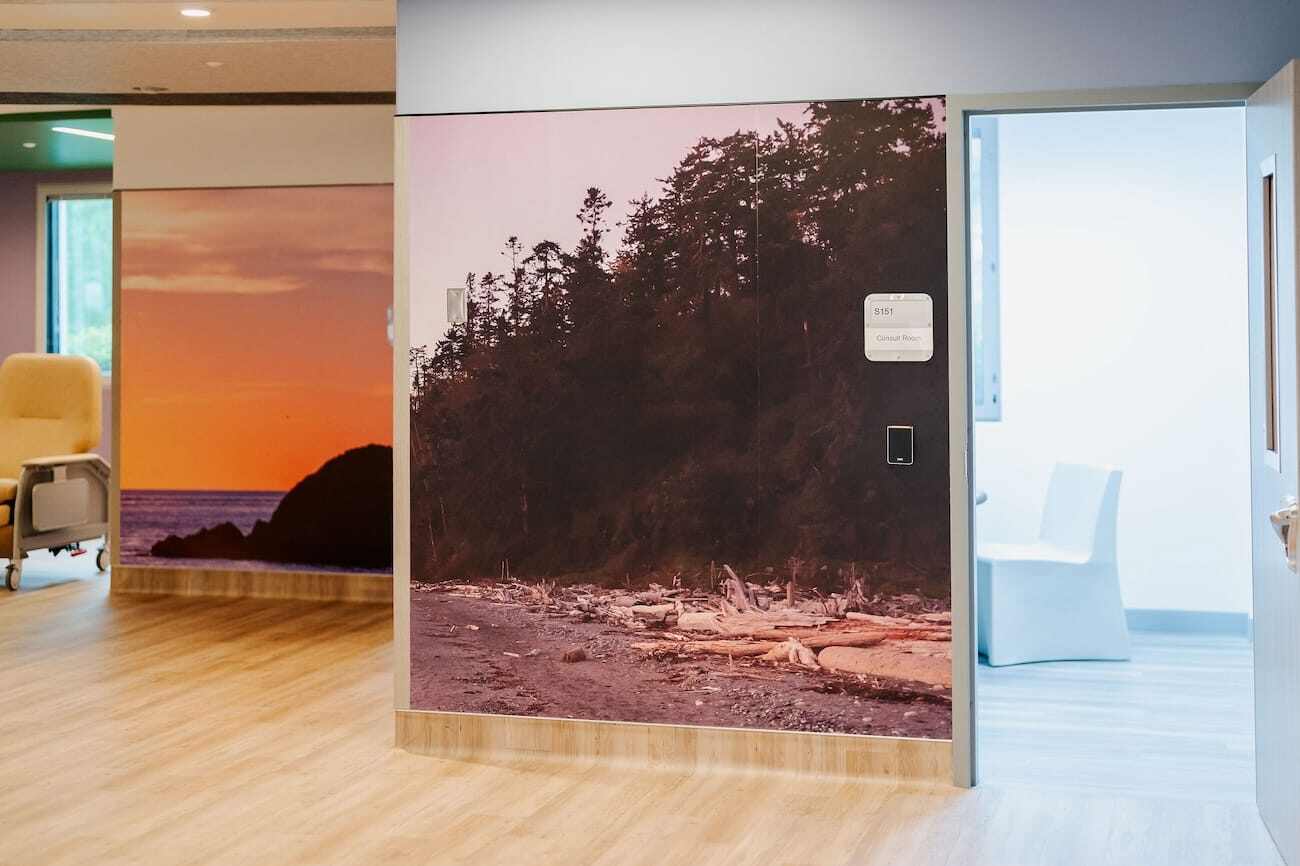
Creating a crisis response center involves strategic planning, expert input, and strong community engagement. Just like fire stations and police departments, these centers are vital for safely and effectively helping individuals in distress. Here’s how to ensure your crisis response center is designed for success:
Connections Health Solutions Nov 21, 2024 -
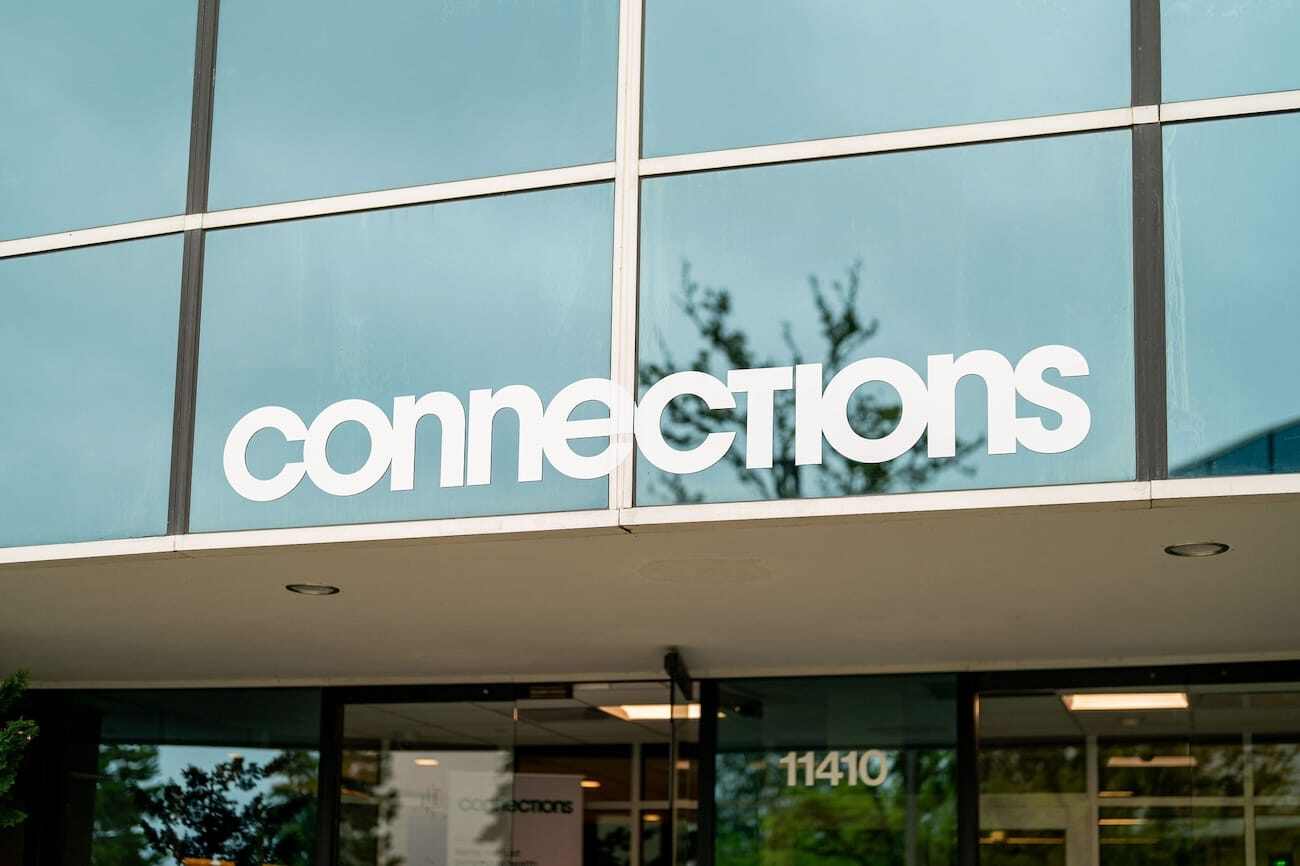
When preparing to release a solicitation for a crisis response center (CRC), it’s essential to focus on securing the necessary licensing and understanding regulatory requirements. Providing clear and detailed information about your community’s licensing framework is crucial for ensuring that potential providers can operate smoothly and without unexpected interruptions.
Connections Health Solutions Nov 13, 2024 -
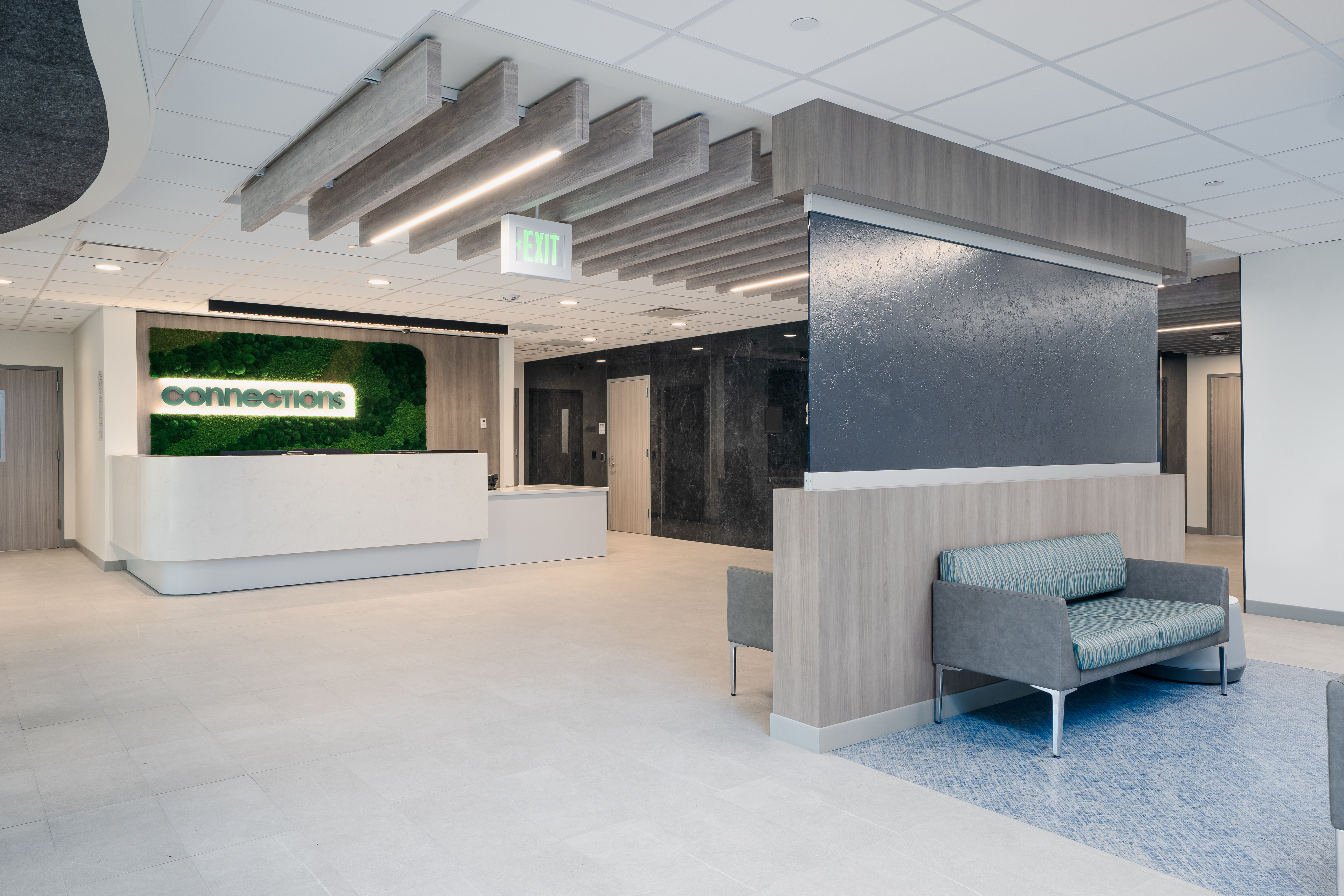
We are thrilled to announce that Connections Kirkland has been honored with the prestigious 2024 Senior Housing News (SHN) Architecture & Design Award in the Behavioral Health Category. This award recognizes the most innovative and thoughtfully designed behavioral health facilities, and we are incredibly proud that our center in Kirkland, Washington, has been selected as the winner.
Connections Health Solutions Nov 7, 2024 -
.jpg)
Establishing and maintaining a crisis response center is crucial for effective mental health care, but it requires a well-thought-out strategy to ensure financial sustainability. Many U.S. cities have not invested sufficiently in these essential services, highlighting a significant funding gap. The National Council for Mental Wellbeing underscores that crisis response centers are as vital as law enforcement and emergency medical services, demanding sustainable funding to function effectively.
Connections Health Solutions Nov 7, 2024
Sign Up For Our Newsletter
Discover the latest news about Connections and best practices in behavioral health care.
Stay up-to-date with critical insights for our communities, managed care organizations, providers, and more.
